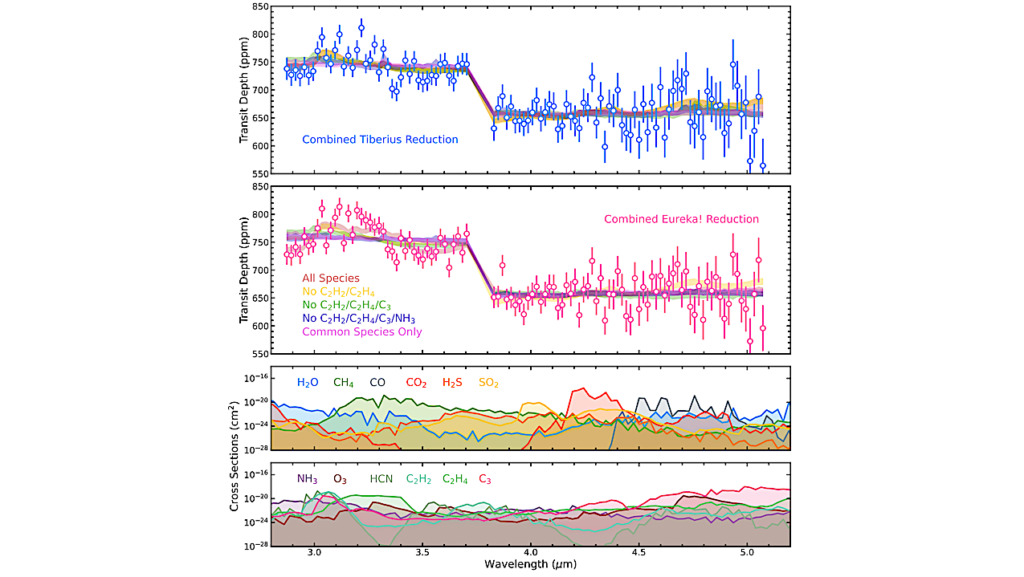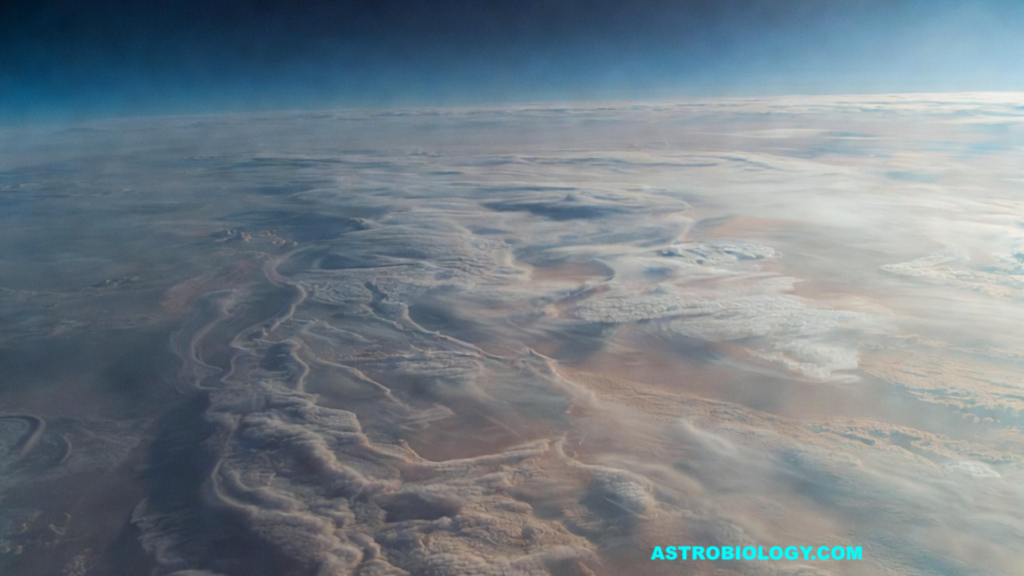Network for Ocean Worlds Seminar Series: Making & Utilizing Measurements of Organics on Earth & Other Ocean Worlds

Dennis A. Hansell is a professor in the Department of Ocean Sciences at the Rosenstiel School, University of Miami. His research interests are in the biogeochemistry of the major elements (such as carbon and nitrogen), primarily conducted by inferring the biological processing of those elements from their spatial and temporal variations.
March 6th at 3PM ET / 12PM PT
Meeting Access Code: 2764800 4172
Password: h9FbiPuq7h2
JOIN THE SEMINAR
Prof. Dennis Hansell will present his current understanding of the contribution of dissolved organic matter (DOM) to the global ocean carbon cycle. He is a marine carbon biogeochemist generating data from global ocean surveys, time-series observations, and process studies to characterize the global inventory, net production and its controls, surface redistribution and export to the subsurface ocean, and deep ocean sinks of DOM.
Dr. Maria Fernanda Mora is an analytical chemist in the Chemical Analysis and Life Detection Group at JPL. She received her Ph.D. in Chemistry from the University of Texas at San Antonio in 2009 and joined JPL in 2010. Her research focuses on the development of instruments for in situ chemical analysis in the context of astrobiology and planetary science.
Capillary Electrophoresis Methods for In Situ Chemical Analysis and Identification of Biosignatures
The distributions of organic molecules in a sample could be a powerful indicator of the presence of life. The identification and quantification of single species within these samples typically requires the use of a separation method prior to detection. To date, in situ organic analysis on extraterrestrial settings has relied on gas-phase methods, which have limitations for the detection of organic molecules in samples containing water and/or high concentration of salts. Capillary electrophoresis (CE) overcomes the limitations of gas-phase techniques and holds unique promise in the search for signatures of life on other worlds. Here the development of CE methods using three detection systems to analyze a wide range of organic and inorganic species will be presented.
Astrobiology, Astrochemistry,








